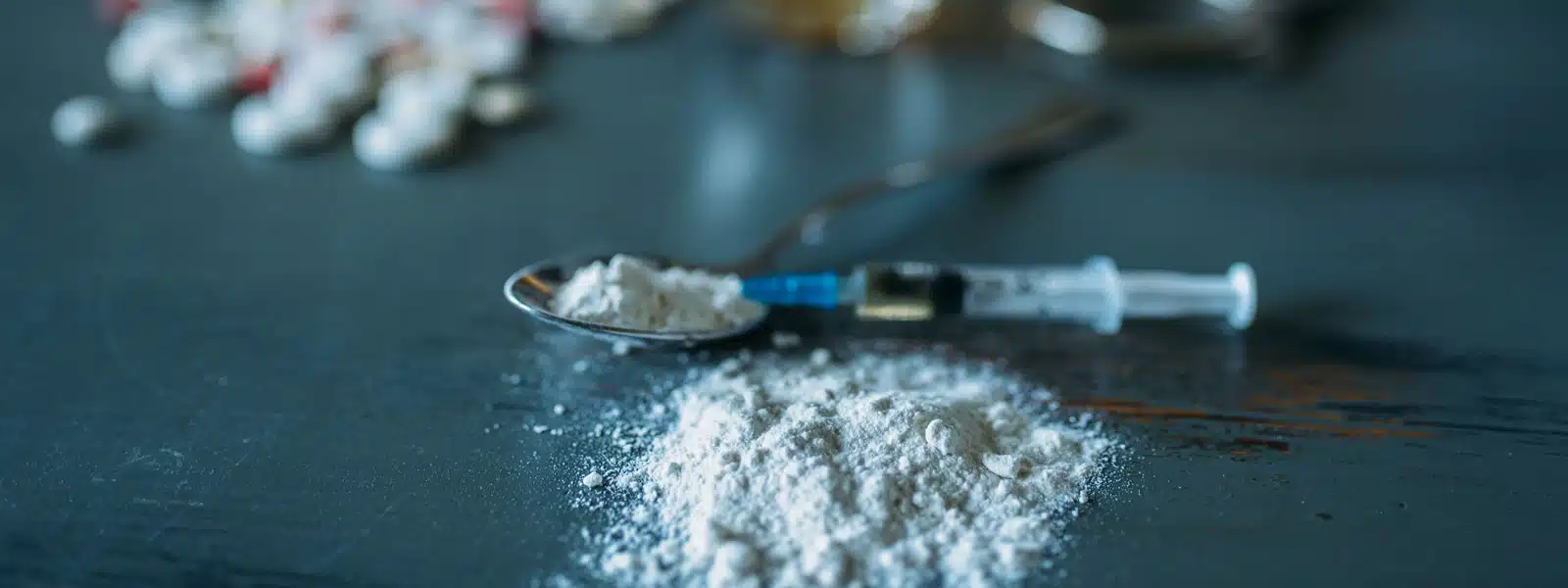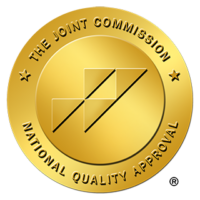Benzo Detox
Benzodiazepines (benzos) are commonly abused depressants that slow down the central nervous system. Popular benzos include Ativan, Xanax, and Valium, among others.
These drugs induce a more relaxed mood and can cause significant sleepiness — making them particularly dangerous under certain circumstances, like when driving a vehicle. The risks and dangers increase when you combine benzos with alcohol, which is not uncommon among those suffering from benzo addiction.
Unfortunately, when someone starts to abuse benzos, a dependency often develops, making it hard to quit. Although the withdrawal process can be challenging and, for some, dangerous, detoxing in a professional facility can help ensure you safely eliminate benzos from your system so that you can begin a comprehensive treatment plan.
Here, you’ll learn what benzo detox is, the types of detox, symptoms of benzo detox, and more — including the next steps to receive the benzo treatment you need.
What Is Benzo Detox?
According to a 2019 analysis, 30.6 million adults (12.6%) in the United States reported benzo use the previous year. While 25.3 million (10.4%) of the American population took benzos as prescribed, 5.3 million (2.2%) misused benzos. In most cases, those misusing benzos were not prescribed the medications. Instead, they sourced them from a friend or relative or bought them on the street.
While benzo abuse is rising in the United States, this trend is especially seen among opioid and cocaine users. For example, co-abuse of opioids and benzos can enhance the euphoric effects, which is why they are abused together. However, this combination also contributes to most of the benzo overdoses. Data from the CDC reports that of the 11,500+ deaths involving benzos in 2017, approximately 85% involved opioids, too.
This addiction is dangerous, and if a user doesn’t seek the support they need to quit, the withdrawal symptoms can be overwhelming. This process is especially tough when abusing multiple substances at once. Once a dependency develops, users can experience severe withdrawal symptoms.
If they do not get their next dose, they experience anxiety, nausea, sleep disturbances, and much more. The withdrawal symptoms are similar to those of alcohol withdrawal, and if these substances are abused together, the severity of the detox experience is exacerbated.
The detox process begins when you stop taking the substance you’ve been dependent on. Physical and psychological symptoms surface as your body processes and eliminates the last of that substance. While beginning this detox process can be daunting, detox treatment centers ensure a smooth detoxification process so that you can focus on the next steps. These inpatient programs typically offer medically assisted benzo addiction treatment and 24-hour support, making the process safer and more comfortable.
Once you rid your body of benzos, you can focus on a treatment plan that supports long-term sobriety — especially when there are underlying mental health concerns.
The Benzo Detox Process
Detoxing from benzos will require a gradual approach, often tapering the dose to reduce discomfort. There is also no one-size-fits-all solution for benzo users, as several variables come into play when detoxing.
These factors include:
- The original dose
- The type of drug abused (and whether polysubstance abuse is a concern)
- Potency
- Duration of benzo abuse
- The original reason why benzos were prescribed (or abused)
- Personal stressors, lifestyle, support system, etc.
The initial withdrawal period is called acute withdrawal, and it can last from a few hours to a few days. While symptoms generally subside within a few days, it’s not uncommon for symptoms to persist for weeks or even months. Professional monitoring and support are highly recommended during the acute phase, as it is the most difficult.
Even after this period, it’s possible to experience lingering side effects. Data shows that around 10-25% of those who abuse benzos for extended periods can experience post-acute withdrawal symptoms (PAWS) for 12+ months. These symptoms include depression, mood swings, poor concentration, insomnia, and anxiety.
For those experiencing PAWS, ongoing mental health support is critical, especially when receiving a dual diagnosis. Research shows that withdrawal management alone is unlikely to result in long-term benzo abstinence, which is why ongoing psychosocial support is so beneficial. Detox follow-up care should include a dual diagnosis treatment plan to reduce the risk of relapse.

What Are Benzo Withdrawal Symptoms?
If you are physiologically dependent on benzos, you can develop withdrawal syndrome.
When you abruptly stop taking benzos, you can experience some or all of the following:
- Irritability
- Sleep disturbance
- Tremors
- Anxiety or panic attacks
- Poor concentration
- Nausea
- Headaches
- Heart palpitations
- Muscular pain
The most common symptoms of benzo withdrawal syndrome are short-lived anxiety and insomnia. These symptoms often develop within 1-4 days of discontinuation — depending on the half-life of the drug you take.
The full effects of withdrawal syndrome develop next, often lasting 10-14 days. The final stage is heavily rooted in mental health symptoms, which often require specialized benzo addiction treatment and therapy.
For those who take heavy doses, the symptoms can be even more severe, including:
- Seizures
- Psychotic reactions
As discussed, for some, the final stage of detox can last for months and pose ongoing effects without the right psychological therapy plan.


Types of Benzo Detox Treatment Options
There are currently two primary options when seeking benzo addiction treatment — an inpatient or outpatient program. Both approaches have unique advantages and disadvantages.
Finding the Right Benzo Detox Facility for You
Detoxing from benzos can be challenging, but with the right support, you can kickstart your road to recovery. The very first step is to recognize there’s an issue so you can begin the treatment process.
Engage Wellness Acton can assist you if you are ready to take the next steps. Many of our clients complete an inpatient or outpatient detox program before visiting us, which helps set them up for success. Since we specialize in dual diagnosis, we provide the necessary treatment and support to encourage long-term recovery and a more fulfilling future.
Let’s take the next step together. Contact Engage Wellness Acton today by calling (978) 699-9786.










